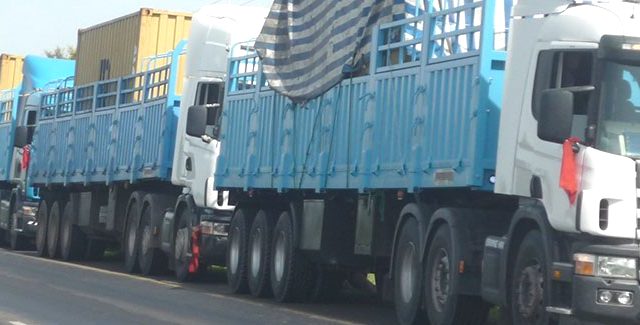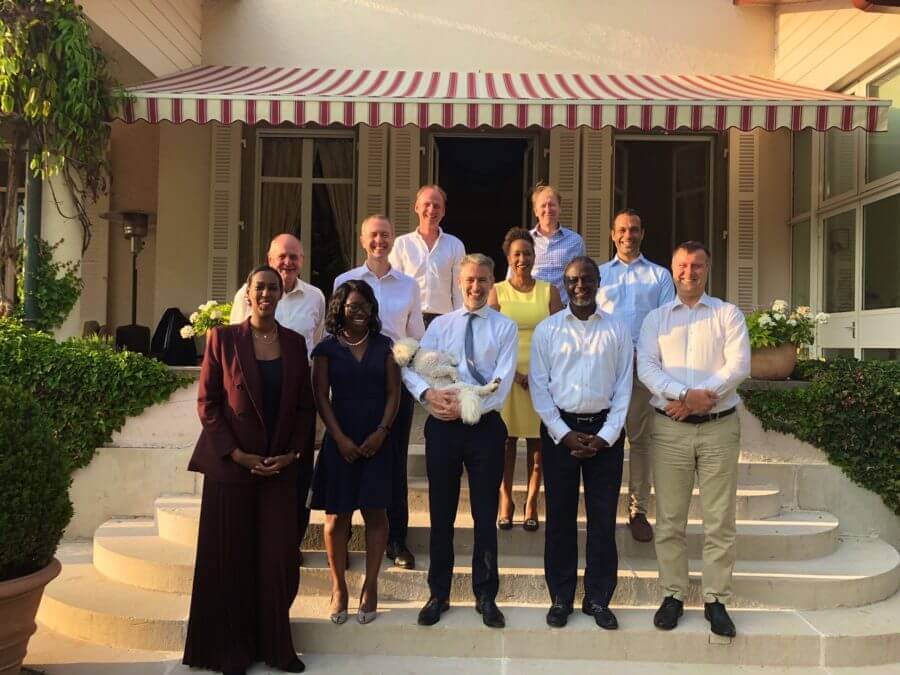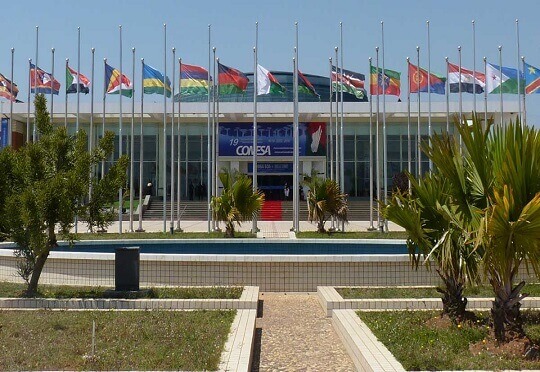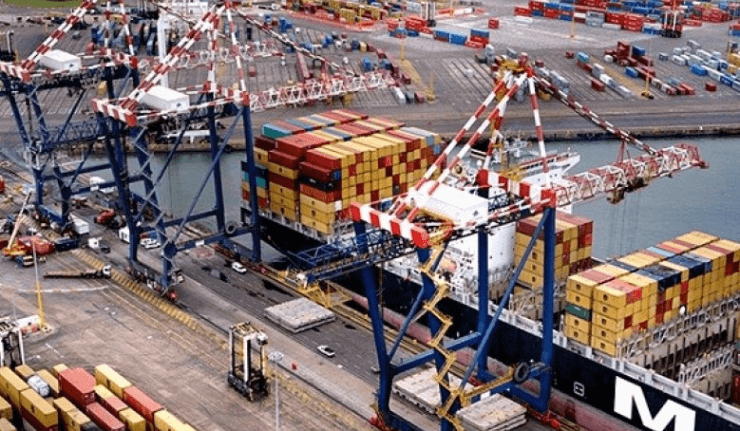EAST African Business Council (EABC) has hailed President John Magufuli and his Kenyan counterpart Uhuru Kenyatta for their quest to promote the role of private sector in the East African Community (EAC) integration process. EABC Chief Executive Officer (CEO) Peter Mathuki issued the laudatory message to the two leaders who are part of the EAC Heads of State Summit, saying that the duo has demonstrated and reiterated their commitments to the EAC integration during their recent meeting in Chato, Geita. “Their words and action have re-energised optimism and reassured the East Africans of their deep commitments to uphold the spirit of the EAC regional integration process,” said Mr Mathuki yesterday. He further commended the EAC Summit for recognising the role of the private sector as the engine and driver of economic growth, reaffirming commitment to the principles of the EAC Common Market. The principles include nondiscrimination of nationals of other partner states on grounds of nationality, equal treatment of nationals of other partner states and transparency in matters concerning other partner states. “Indeed, political goodwill is critical to accelerate and boost intra-EAC trade and opportunities that lie on our own doorsteps. Together, we remain as one people, one destiny,” said Mr Mathuki who is also a former East African Legislative Assembly (EALA) member. Policy predictability and maintaining a liberal stance towards the Freedoms and Rights enshrined in the Common Market Protocol shall increase cross border trade and investments and significantly contribute to employment creation, export growth, revenue collection, wealth creation...
Magufuli, Uhuru thrills regional private sector
Posted on: July 18, 2019
Posted on: July 18, 2019




















